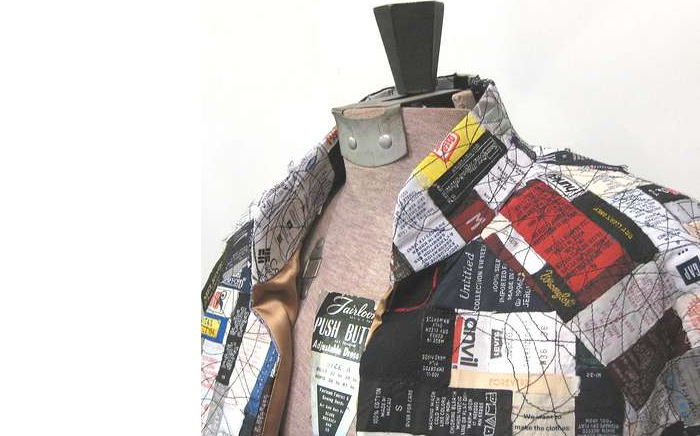Digital printing has brought a revolutionary shift to the textile industry, redefining how fabrics are designed and produced. Unlike traditional methods, which often involve time-consuming setups and limited design options, digital printing allows for high-precision and intricate patterns to be directly printed onto fabrics using advanced inkjet printers. This innovation has opened up a world of creative possibilities, making it easier to produce unique, customized designs with exceptional detail.
One of the key advantages of digital printing is its efficiency and versatility. Whether creating small-batch productions or complex patterns, this method eliminates the need for large-scale screen setups, reducing material waste and lowering production costs. Vibrant colors and detailed imagery come to life on various textiles, from natural fibers like cotton and silk to synthetic materials. Additionally, digital printing supports on-demand production, helping brands adapt quickly to changing trends and customer preferences.
This cutting-edge technology not only empowers designers and manufacturers but also contributes to sustainability in fashion. By minimizing waste, conserving resources, and enabling local production, digital printing aligns with the growing demand for environmentally conscious practices in the textile industry. As the technology continues to evolve, its impact on creativity, efficiency, and sustainability will only grow stronger.

 Back to Blog
Back to Blog











